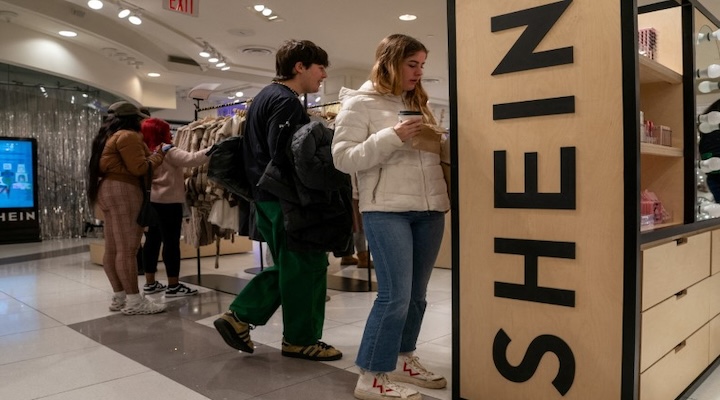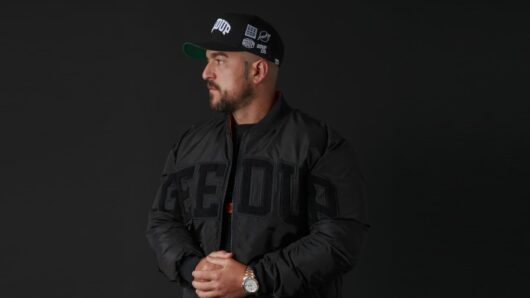Republican Senator Marco Rubio asked the US Securities and Exchange Commission to block Shein’s bid to list publicly in New York unless the e-tailer makes additional disclosures about its business operations and “the serious risks of doing business” in China.
In a letter sent Thursday to SEC Chair Gary Gensler, seen exclusively by Reuters, Rubio wrote that Shein’s recent decision to request approval from Beijing for a prospective US IPO “raises serious doubts” about the accuracy of the company’s filings. New rules passed by China’s securities watchdog in 2023 allow the China Securities Regulatory Commission to vet offshore listings and block offerings that could threaten the country’s national interests.
Shein did not respond to a request for comment. A SEC spokesperson said that Gensler “will respond to members of Congress directly.”
Rubio wrote that those laws raised the risk of Shein deceiving investors about the risks of its business, further complicating the company’s efforts to present itself as an independent global retailer. While Shein is headquartered in Singapore, the company was founded in China and largely relies on thousands of the country’s third-party contract suppliers — many based around the textile hub of Guangdong province — to manufacture its $10 dresses and $5 T-shirts.
Opposition from Rubio — who as vice-chair of the Senate Intelligence Committee has also sponsored legislation to ban China’s popular social media app TikTok — is the latest political obstacle for Shein as it attempts to list publicly. Last May, a bipartisan group of US lawmakers urged the SEC to block Shein’s IPO until it verifies it does not use forced labor.
“If Shein wants to have access to US stock markets, then they need to play by our rules,” Rubio said in a separate statement to Reuters.
While Congress’ Senate Banking Committee oversees the SEC, Rubio has no individual authority over the agency and does not sit on that panel. However, in his letter, he called on Gensler to require additional, specific disclosures from Shein regarding its business operations.
Those include acknowledgement from Shein that it “has sold apparel made with cotton fibers from the Xinjiang Uyghur Autonomous Region,” a region in far western China where rights groups and governments have accused Beijing of interning the mainly Muslim Uyghur minority group.
A 2022 Bloomberg report found that Shein’s garments contained cotton linked to Xinjiang, but Shein has denied the accusation, saying it has “zero tolerance” for forced labor.
Other disclosures requested by Rubio include an acknowledgement that Shein’s business “relies on exploiting de minimis entry,” a US trade exemption that allows the e-tailer to ship small packages worth $800 or less directly to shoppers without paying tariffs. Shein has previously told Reuters that linking the success of its business to de minimis “is just not true.”
Rubio is a sponsor of proposed legislation that would ban Chinese manufacturers from using the exemption.
- Reporting by Katherine Masters; Editing by Vanessa O’Connell and Lisa Shumaker, of Reuters.






